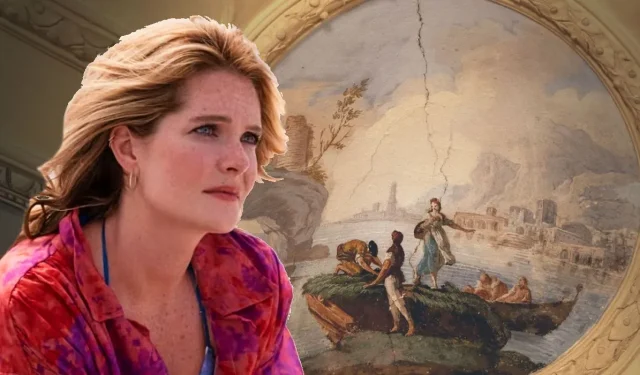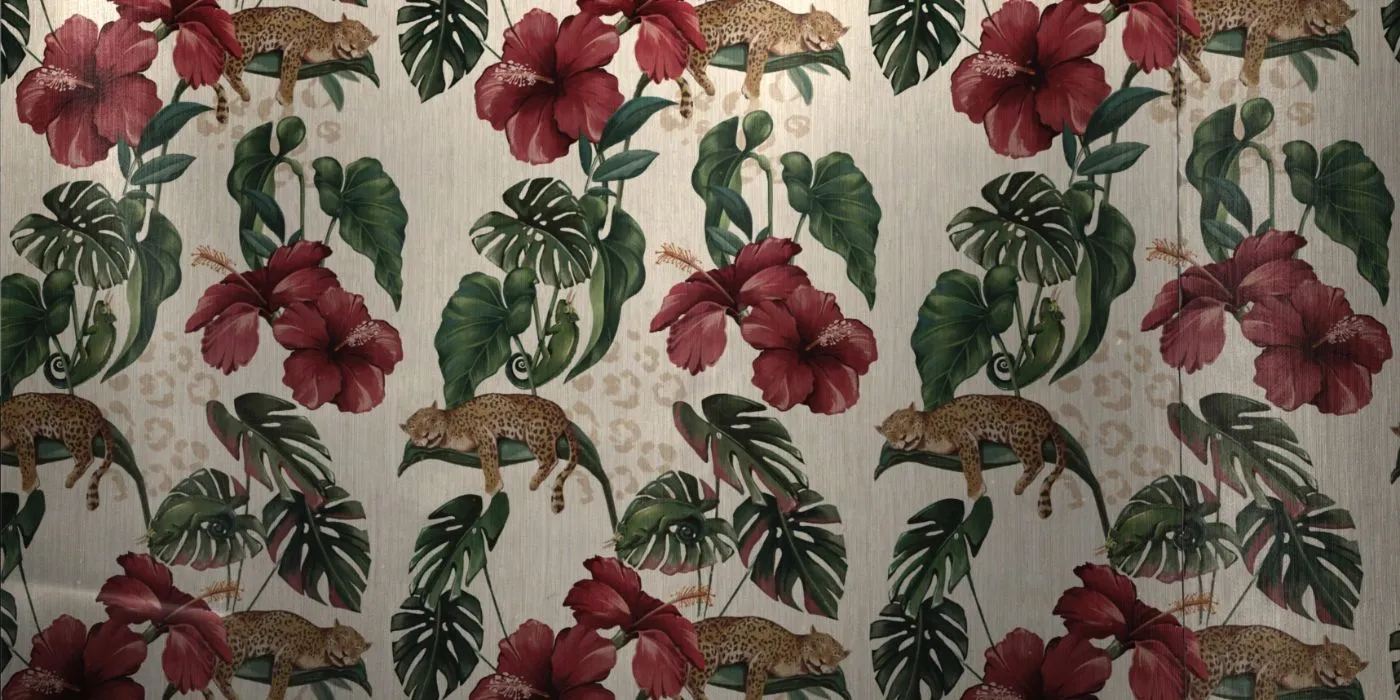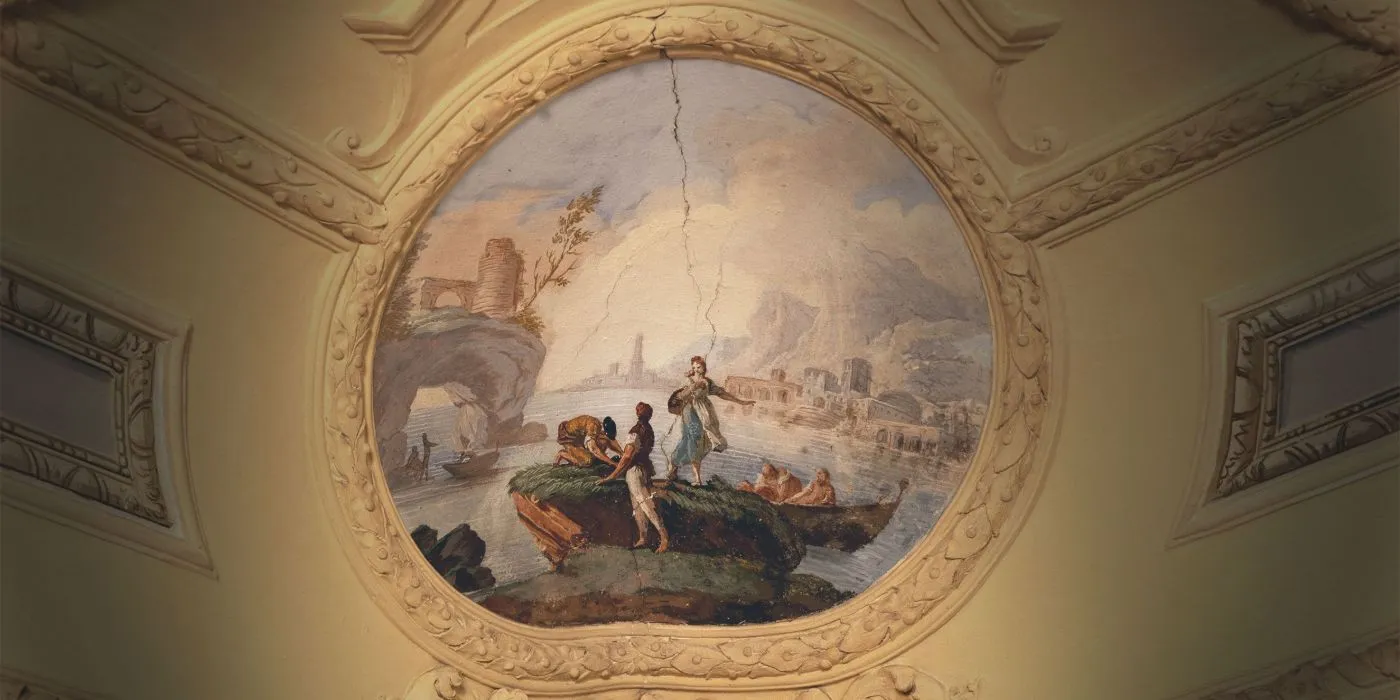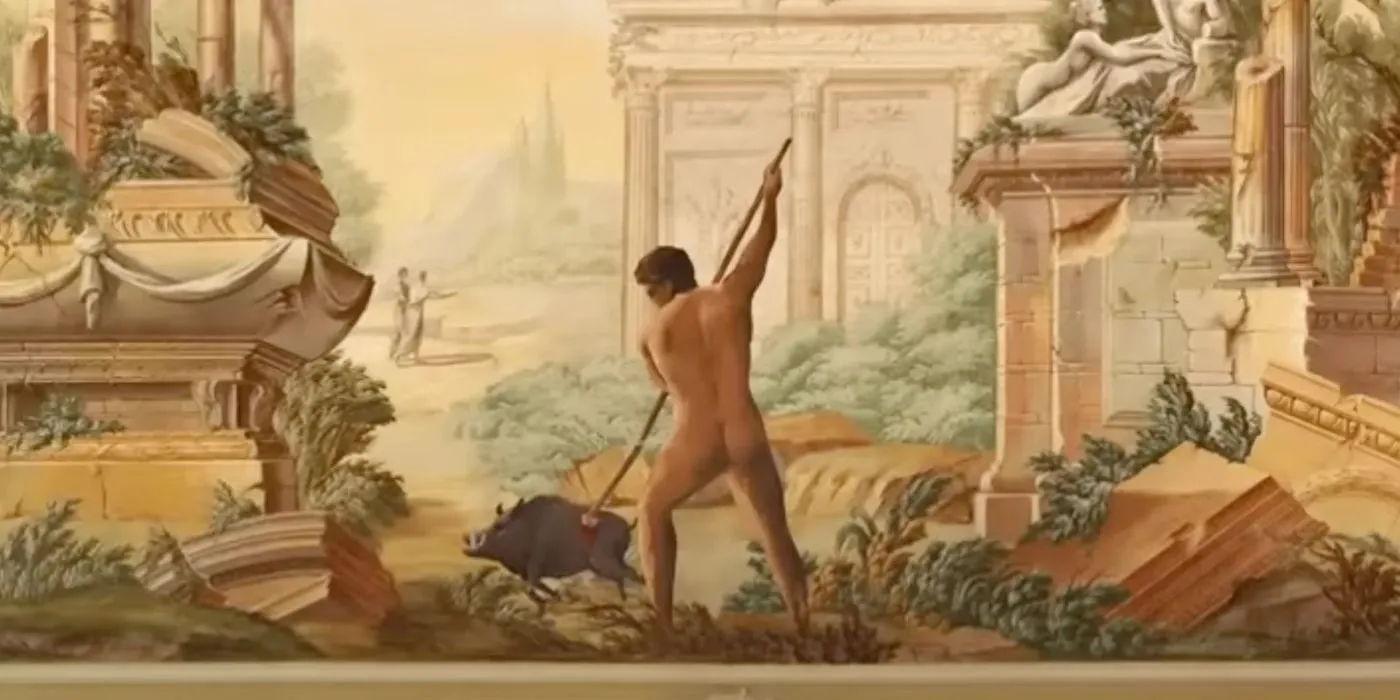
The anticipation of a second season can be exhilarating yet nerve-wracking, especially with a beloved series like The White Lotus. Fortunately, Season 2 defied my initial concerns right from the start with its electrifying theme song, perfectly suited for a club atmosphere. I was introduced to the series somewhat late, as my family was already engrossed in Season 1. Despite the awkwardness of certain scenes that are typically best avoided in family viewing, I found myself captivated by the narrative’s brilliance.
With the announcement of Season 2, I was eager to dive back into the world of The White Lotus. However, I tempered my excitement, knowing that anthology series can be hit or miss, especially with a largely new cast—except for one familiar face. My doubts were unwarranted; Season 2 surpassed all expectations. From the moment the hauntingly beautiful theme played, accompanied by unsettling Renaissance visuals, it was clear that viewers—both old and new—were in for a unique experience.
The White Lotus Season 2 Theme Is An Earworm
“Renaissance” Stands Out as a Highlight of Season 2
The opening credits of The White Lotus have become a cherished part of its identity, and Season 2’s theme, titled “Renaissance”, continues this tradition. Composed by Cristobal Tapia De Veer, who also crafted the score for Season 1, this iteration reimagines the earlier theme to resonate with the Italian backdrop. The piece opens with angelic harp melodies and operatic vocals that lead into a powerful and pulsating club-like beat, creating a thrilling symphony that’s impossible to ignore.
This dynamic score captures the essence of both beauty and unease, as it creates a sense of foreboding while remaining catchy enough to engage listeners. Academic commentary supports this appeal; for instance, Edward Venn, a Professor of Music at Leeds University, observed:
“[It] continually offers up reassuringly familiar ideas, only to pull the rug from out of us and to turn it into something uncomfortable.”
He elaborated further:
“It’s the way that the initial minor chord moves to the major – offering a sense of hope, of respite – only for it to slide back, continually and unstoppably, to the threatening implications of that minor chord. From the outset, the theme is deeply unsettling.”
In essence, Venn’s insights encapsulate the essence of The White Lotus: a beautifully crafted narrative that is eerily inviting. Characters navigate a world where danger lurks beneath a surface of charm and humor, leading viewers to question their own safety in this chaotic environment.
The Season 2 Theme Surpasses the Season 1 Theme
Season 2’s Depth Exceeds That of Season 1

Similar to its predecessor, “Renaissance”contains musical motifs that not only define the show but also create continuity across seasons. Crucially, while the second season’s theme didn’t need significant improvement, it brilliantly builds upon the original. If Season 1 was akin to a hearty burger, Season 2 emerges as a meticulously prepared ribeye steak. This new installment is simply more expansive, intricate, and immersive.
Overall, Season 2 feels more rounded and developed. It’s evident that creator Mike White had additional time to refine his vision, leading to a fuller, grittier, and more audacious musical offering in “Renaissance”.
Insights from Composer Cristobal Tapia De Veer
Veer Describes the Song as Both Sinister and Celebratory

Cristobal Tapia De Veer faced a unique challenge while designing the Season 2 theme. As he described the music, he pointed out:
“It’s not like background music. The way they’re using the music is that they’re really pushing the music as if it was another character in the show.”
Even though “Renaissance”predominately plays during the opening credits, it serves as an essential atmospheric piece—a narrative prologue. The outstanding vocals are delivered by Colombian Canadian singer Stephanie Osorio, who lends an ethereal quality to the theme.
To create an otherworldly sound, Veer recorded Osorio holding a long note while waving her hand in front of her mouth, producing a unique pitch that is unsettling yet captivating. While acknowledging the darker elements of the score, he emphasizes the inherent celebration within the music:
“Things can always feel like a celebration. It doesn’t matter what’s going on. As long as we’re here, we can still keep celebrating that we’re here.”
This dichotomy of eeriness and joy makes the theme compelling and memorable.
The Cultural Impact of The White Lotus Season 2 Theme
The Song Has Spawned a Meme Sensation

Beyond academic analysis, the infectious nature of “Renaissance”resonated across social media platforms. Upon its release in late 2022, the song inspired a flurry of memes, showcasing its appeal even to TikTok audiences. Popular TikTok creator Taylor Owen (@taylorgraysen) documented her enthusiastic reaction to the theme, capturing a relatable excitement that swept over viewers.
The song’s captivating rhythm has transcended far beyond traditional media, leading to clever edits featuring celebrities and humorous scenes from pop culture. Notably, actor Dominic Fike incorporated the theme into his performance in December 2022, highlighting its cultural significance.
Ultimately, “Renaissance”has cemented its place as a pop cultural phenomenon, showcasing its versatility as it fits seamlessly into various contexts. This thematic richness only elevates the anticipation for future seasons!
Anticipating The White Lotus Season 3 Theme
Cristobal Tapia De Veer Teases Season 3’s Theme

As we look forward to The White Lotus Season 3, set for release in February 2025, one lingering question is how the new theme will sound. With the setting moving to Thailand, it’s likely that we can expect elements of East Asian musical influence to be interwoven into the score, contrasting with previous seasons’ distinct themes.
While specific details remain scarce, Veer has hinted at an intriguing inspiration for the upcoming music: cat videos on TikTok. He noted:
“I hear interesting things in TikTok or YouTube sometimes. I think that the best song I heard in the last few years that I can remember is people harmonizing to a cat on TikTok.”
While it remains to be seen how the whimsical influence of harmonizing cats will shape the series’ theme song, if the composer believes it to be the key, we can certainly expect something fresh and exciting.




Leave a Reply